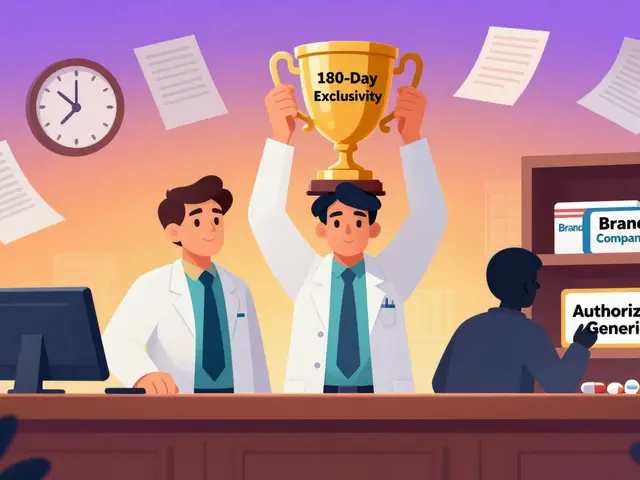Expecting parents: practical meds, supplements & safety tips
Pregnancy changes everything — including how you think about medicines and supplements. If you’re expecting, you probably have questions like: which drugs are safe, how to spot a legit online pharmacy, and how to save on necessary meds without risking your baby. This page collects plain answers and concrete steps you can use today.
Med safety: quick rules
First rule: always check with your care team before starting or stopping any medication. That sounds obvious, but many people try to manage pain, sleep problems, or infections themselves. Some common meds that need special attention during pregnancy include blood thinners, certain anti-seizure drugs, and strong sleep medicines. Your provider can weigh the risks and suggest safer choices or adjusted doses.
Keep a current list of every medication, vitamin, and herbal supplement you take. Share that list at every prenatal visit. If you find conflicting online advice, bring the source to your clinician — it helps them give a clearer answer fast. If a drug sounds unfamiliar, ask why it’s prescribed and what problems it prevents.
Smart shopping and cost-saving tips
Needing affordable meds while pregnant is common. Use generics when your provider approves them — they cost less and usually work the same. For maintenance meds (like for chronic conditions), ask if mail-order or larger supplies save money without creating waste.
Be careful with online pharmacies. Check for clear contact info, a pharmacy license, and secure payment methods. Avoid sites offering powerful prescription drugs without asking for a prescription. If a price looks too good to be true, it often is — fake or unsafe products can arrive labeled wrong or contaminated.
Look into patient assistance programs, coupons, and your insurance’s formulary to lower costs. For inhalers and other high-cost items, ask about generic or overseas options only after your provider confirms they’re appropriate and safe for pregnancy.
Supplements are another gray area. Prenatal vitamins (folic acid, iron) are recommended, but many herbal supplements aren’t studied well in pregnancy. Don’t assume 'natural' means safe. Ask your clinician before adding anything new.
Mental health matters. If anxiety, depression, or substance cravings appear during pregnancy, tell your provider. Treatments and supports exist that keep both you and your baby safer than untreated symptoms. Avoid sudden medication stops without medical advice.
Final practical steps: keep a single, updated meds list; always ask your prenatal team about any new product; use trusted, licensed pharmacies; and prioritize prenatal vitamins and proven supports like sleep hygiene, healthy eating, and gentle exercise. Small, careful choices make a big difference for you and your baby.
Facing a spina bifida diagnosis during pregnancy can be overwhelming for expecting parents. The article delves into the emotional impact, offering insights, interesting facts, and practical tips to help parents cope with the diagnosis and prepare for what's ahead. Understanding the condition and knowing how to navigate the myriad of emotions is crucial for parental well-being.



